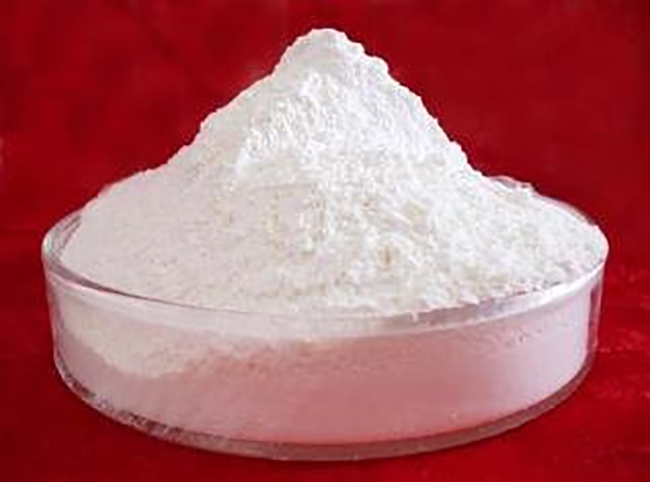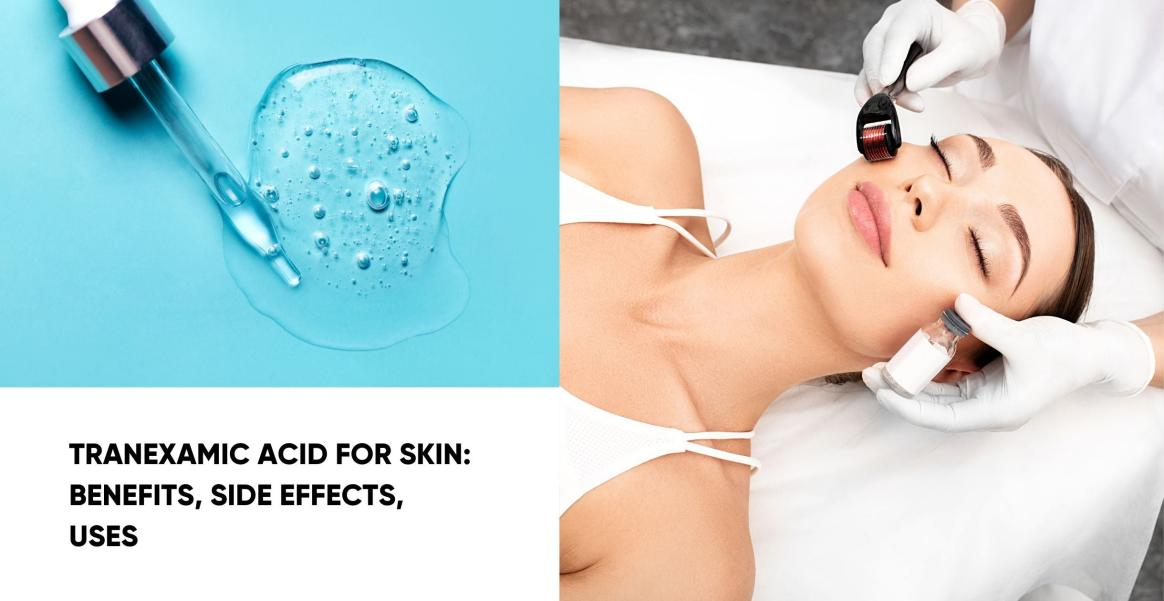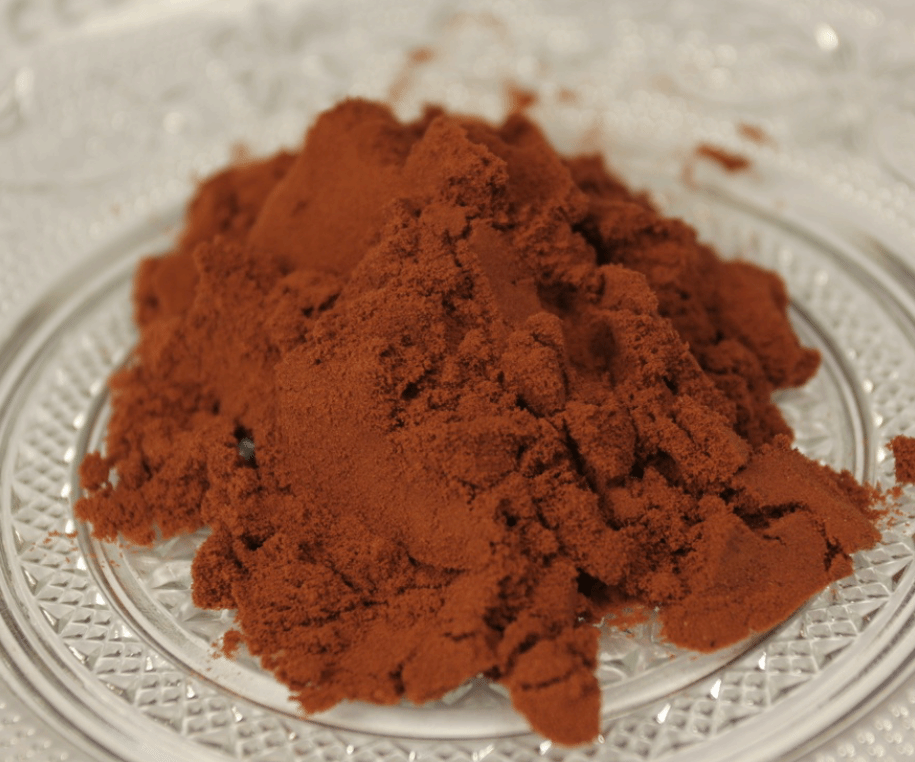Controversy Surrounding Monobenzone: Understanding the Risks and Benefits
Monobenzone, also known as 4-(Benzyloxy)phenol or PBP, is a chemical compound with a CAS number of 103-16-2. Its molecular formula is C13H12O2 and has a molecular weight of 200.23. Monobenzone exists as a white to off-white crystalline powder with a melting point ranging from 117°C to 124°C.

Monobenzone, a depigmenting agent used to treat skin conditions such as vitiligo, has been the subject of controversy and controversy in recent years. While it shows promise in treating certain skin conditions, its use has also raised concerns about potential side effects and long-term health risks. In this blog, we’ll explore various aspects of monobenzone, including its benefits, risks, and the ongoing debate surrounding its use.

What is monobenzone?
Monobenzone, also known as hydroquinone monobenzyl ether, is a compound used to treat vitiligo, a skin disease characterized by loss of skin pigmentation. Vitiligo occurs when the cells that produce melanin, the pigment responsible for skin color, are destroyed, causing patches of depigmented skin to appear. Monobenzone works by depigmenting unaffected skin to match the depigmented patches, creating a more uniform appearance.
Monobenzone Benefits
Monobenzone can be a life-changing treatment for people with vitiligo. By depigmenting unaffected skin, it can help reduce the contrast between depigmented patches and surrounding skin, resulting in a more even skin tone. This can have a significant impact on the self-esteem and quality of life of people with vitiligo, helping them feel more confident and comfortable in their own skin.
In addition to vitiligo, monobenzone is also used to treat other skin conditions, such as melasma and post-inflammatory hyperpigmentation. In these cases, it can help fade dark spots on the skin and improve overall skin tone and appearance.
risks and concerns
While monobenzone shows promise in treating certain skin conditions, its use is not without risks. One of the major concerns about monobenzone is that it may cause irreversible depigmentation. If used incorrectly or in excess, monobenzone can cause extensive depigmentation of the skin, resulting in permanent loss of skin tone. This is particularly concerning for people who do not have vitiligo but are seeking to lighten their skin for cosmetic reasons.
In addition to the risk of irreversible depigmentation, there are concerns about the long-term safety of monobenzone. Some research suggests that long-term use of monobenzone may increase the risk of skin cancer, although more research is needed to fully understand this potential risk. Additionally, using monobenzone can cause skin irritation, redness, and sun sensitivity, especially in people with sensitive skin.
Controversy surrounding monobenzone
The use of monobenzone has sparked intense debate in the medical and dermatological communities. On the one hand, proponents argue that monobenzone is a valuable treatment for patients with vitiligo and other skin conditions, providing them with a safe and effective way to improve their skin tone and appearance. They emphasize the importance of proper use and monitoring to minimize the risk of side effects and ensure the safety of treatment.
On the other hand, critics have expressed concerns about the potential risks and long-term health effects of using monobenzone. They believe the risk of irreversible depigmentation and potential link to skin cancer is too great to justify its use, particularly for cosmetic purposes. They also highlight the ethical considerations of using depigmentants for non-medical reasons, particularly in the context of social pressures and beauty standards.
resolve disputes
In light of the controversy surrounding monobenzone, it is important for individuals considering its use to carefully weigh the potential benefits and risks. If you have vitiligo or another skin condition for which monobenzone is recommended, always consult a qualified dermatologist or health care professional to discuss available treatment options and make an informed decision.
For those considering using monobenzone for cosmetic purposes, it is important to make the decision carefully and understand the potential risks involved. It is important to seek guidance from a healthcare professional and carefully consider the implications of using depigmentants for non-medical reasons.
go ahead
As the debate surrounding monobenzone continues, it's clear that more research is needed to fully understand its risks and benefits. Ongoing research and clinical trials are helping to elucidate the long-term safety of monobenzone and its potential effects on skin health. At the same time, it is important that individuals and healthcare professionals consider carefully when using monobenzone and be aware of the potential risks involved.
In summary, monobenzone is a controversial treatment that has shown promise in resolving certain skin problems, but its use is not without risks. As the debate surrounding its use continues, it is important for individuals to make decisions carefully and seek guidance from a qualified healthcare professional. By staying informed and making informed decisions, we can resolve the controversy surrounding monobenzone and ensure the safety and well-being of those considering using it.
Contact:James Yang
Tel/WhatsApp:+8619992603115
WeChat:19992603115
Email:sales@xabcbiotech.com











